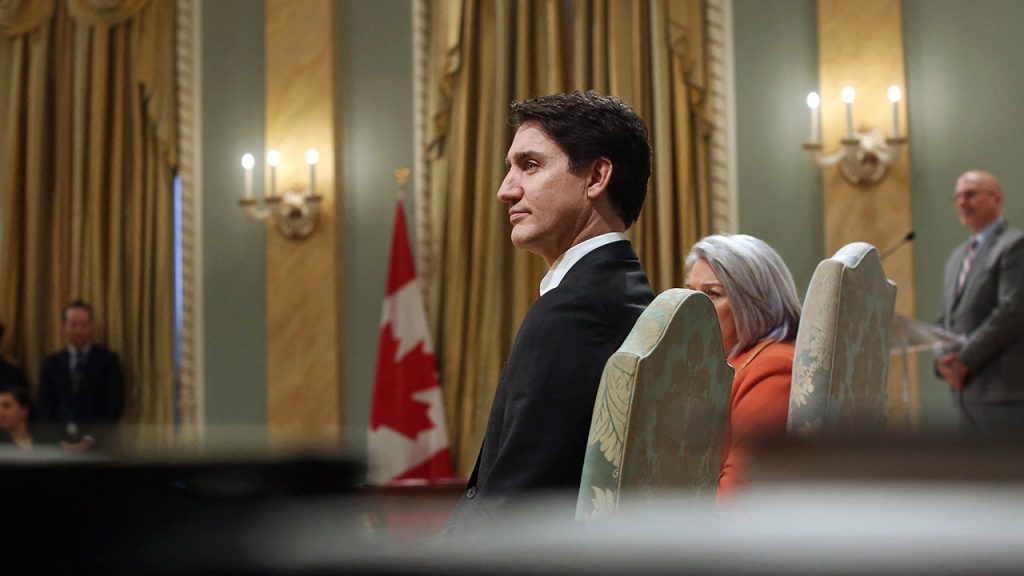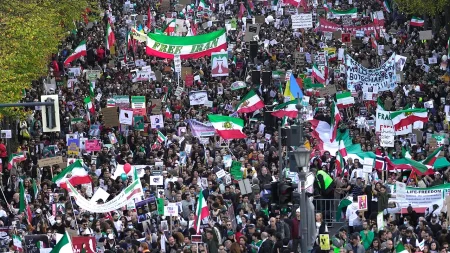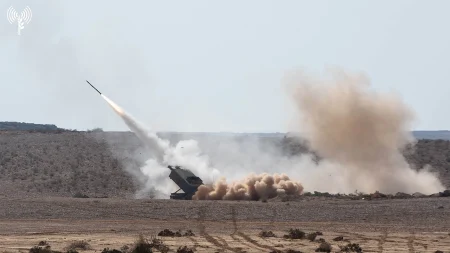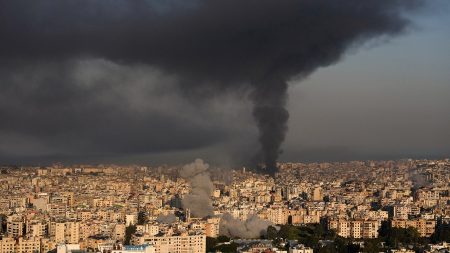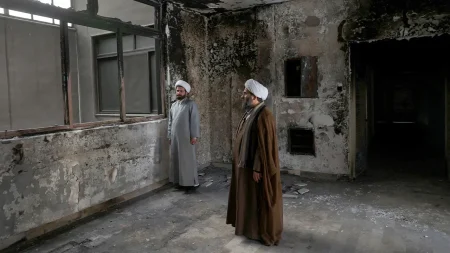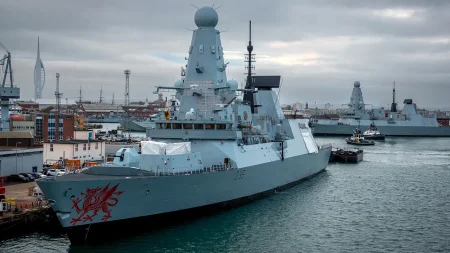Whispers of Resignation: Justin Trudeau’s Potential Departure from Canadian Politics
The political landscape of Canada is abuzz with speculation surrounding the potential resignation of Prime Minister Justin Trudeau. Reports from Canadian media, originating with the Globe and Mail, suggest that Trudeau may step down from his position as early as Monday, ahead of a scheduled national caucus meeting on Wednesday. While the exact timing remains uncertain, the rumors have ignited a flurry of discussion and analysis, particularly given the backdrop of declining approval ratings and a series of political challenges that have plagued Trudeau’s recent tenure.
Trudeau’s potential departure comes at a precarious time for Canada, with a national election looming in October 2023. The country grapples with a multitude of pressing issues, including a persistent housing crisis, a shrinking per-capita GDP, and stubbornly high inflation. These economic woes have undoubtedly contributed to Trudeau’s waning popularity. Public opinion polls paint a stark picture of the Prime Minister’s dwindling support, with disapproval ratings reaching as high as 68% according to Angus Reid, contrasted by a meager 28% approval rating. This erosion of public confidence presents a significant challenge for the Liberal Party as it navigates the upcoming election cycle.
The past few months have been particularly turbulent for Trudeau, marked by political skirmishes and internal dissent. In September, he narrowly survived a no-confidence vote initiated by the Conservative Party, highlighting the growing opposition to his leadership. This was followed by a significant blow in December with the resignation of Finance Minister Chrystia Freeland, a prominent figure within Trudeau’s cabinet and previously considered a staunch loyalist. Freeland’s departure, attributed to irreconcilable differences with Trudeau regarding the country’s economic direction, underscored the growing fissures within the Liberal Party. Her resignation letter alluded to a "grave challenge" facing Canada, emphasizing the need for fiscal prudence in anticipation of potential economic headwinds.
Further adding to the pressure on Trudeau, Jagmeet Singh, leader of the New Democratic Party and a key political ally, announced his intention to present a formal motion of no-confidence in January 2024. This move signaled a potential shift in the political landscape, with Singh expressing that regardless of who leads the Liberal Party, the current government’s time is up. This declaration, combined with Freeland’s resignation and the earlier no-confidence vote, paints a picture of a prime minister facing mounting pressure from both within and outside his party.
Beyond these political challenges, Trudeau has also faced criticism for his personal conduct. An incident in late November, where he was seen attending a Taylor Swift concert in Toronto while a riot unfolded in Montreal, drew sharp rebukes from political opponents. Critics argued that Trudeau’s actions demonstrated a lack of sensitivity to the serious events unfolding in his home city. This incident, while seemingly trivial, further fueled the narrative of a disconnected leader out of touch with the concerns of ordinary Canadians.
The confluence of these factors – declining approval ratings, internal dissent, political opposition, and public criticism – creates a complex and challenging environment for Trudeau. While the exact reasons behind the rumored resignation remain speculative, these events provide context for understanding the pressures he faces. The Canadian political landscape is poised for potential upheaval, with the possibility of a new Liberal leader navigating the challenges ahead and attempting to regain public trust in the lead-up to the October election.
Speculation and Uncertainty: The Potential Implications of Trudeau’s Resignation
The potential resignation of Justin Trudeau marks a pivotal moment in Canadian politics, raising numerous questions about the future leadership of the Liberal Party and the direction of the country. While no official confirmation has been released, the rumors alone have sparked widespread speculation and analysis. Several key questions remain: Who will succeed Trudeau as leader of the Liberal Party? How will this impact the upcoming federal election? What are the potential implications for Canada’s domestic and foreign policies?
The Liberal Party faces the daunting task of selecting a new leader capable of uniting the party and appealing to a broad electorate. Several prominent figures within the party are potential contenders, each with their own strengths and weaknesses. The leadership race promises to be a closely watched contest, with the outcome significantly impacting the party’s chances in the upcoming election. The chosen successor will inherit a party grappling with declining public support and a challenging economic landscape, requiring a strong and decisive leader to navigate these complexities.
The timing of Trudeau’s potential departure also adds a layer of complexity to the upcoming federal election. A change in leadership so close to the election could energize the Liberal Party’s base or, conversely, create uncertainty and further erode public confidence. The opposition parties, including the Conservatives and the New Democratic Party, are likely to capitalize on this transition, framing it as an opportunity for change and a repudiation of Trudeau’s policies. The election outcome will depend heavily on how the Liberal Party manages this leadership transition and how effectively the new leader articulates a vision for the country.
Beyond the immediate political implications, Trudeau’s potential resignation also raises questions about the future direction of Canada’s domestic and foreign policies. Under Trudeau’s leadership, Canada has pursued a progressive agenda on issues such as climate change, social justice, and international cooperation. A new leader may choose to maintain this course or shift towards different priorities. The next prime minister will face significant challenges in addressing the country’s economic woes, navigating complex international relations, and maintaining social cohesion in an increasingly polarized political climate.
The rumored resignation of Justin Trudeau represents a significant moment of uncertainty and potential change in Canadian politics. The coming days and weeks will be crucial in determining the future leadership of the Liberal Party, the outcome of the federal election, and the overall direction of the country. The political landscape is ripe with speculation and anticipation as Canada prepares for a potentially transformative period.



